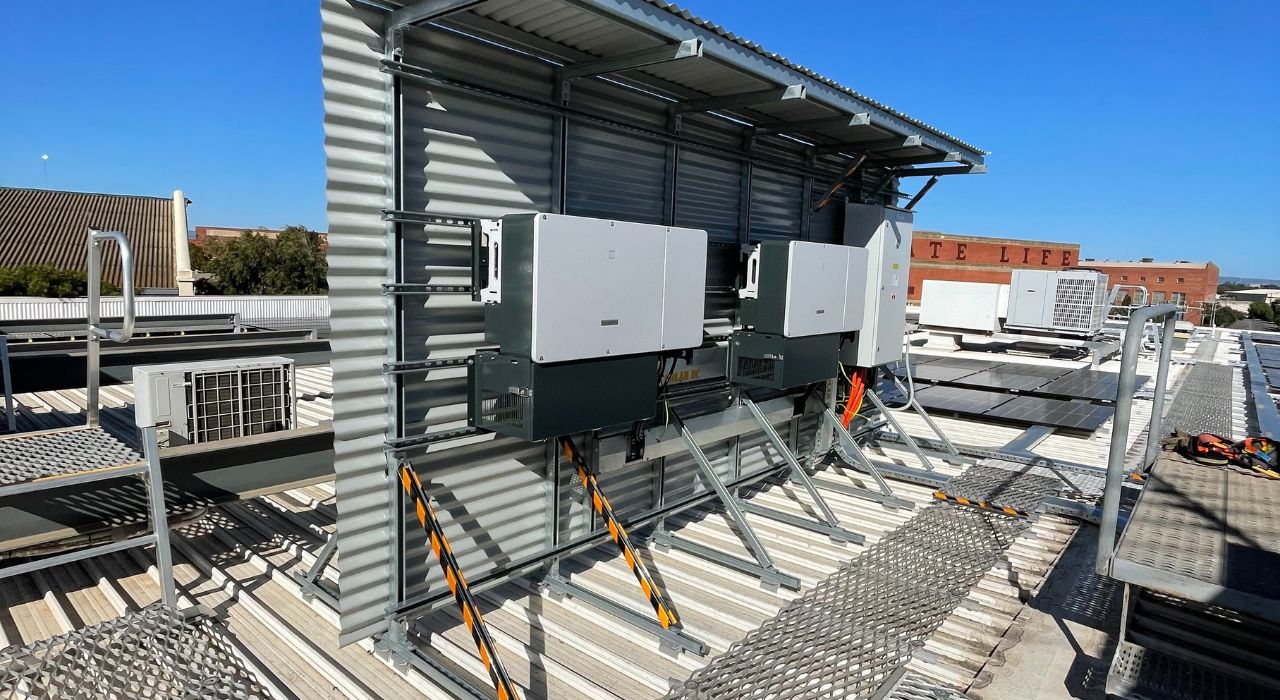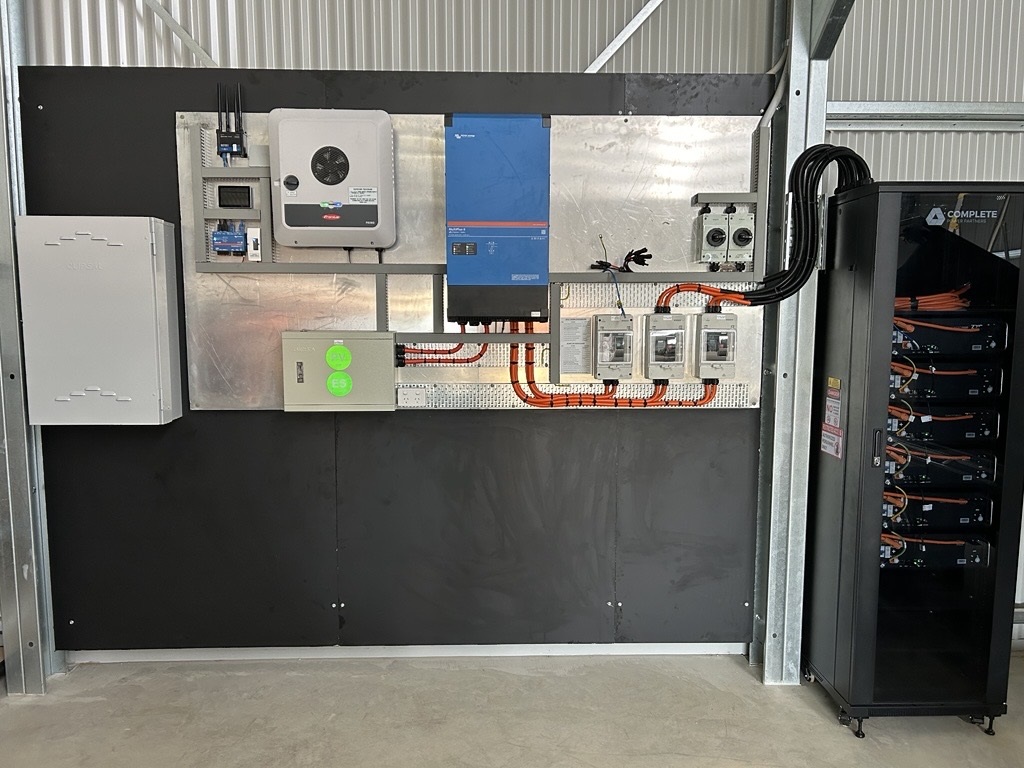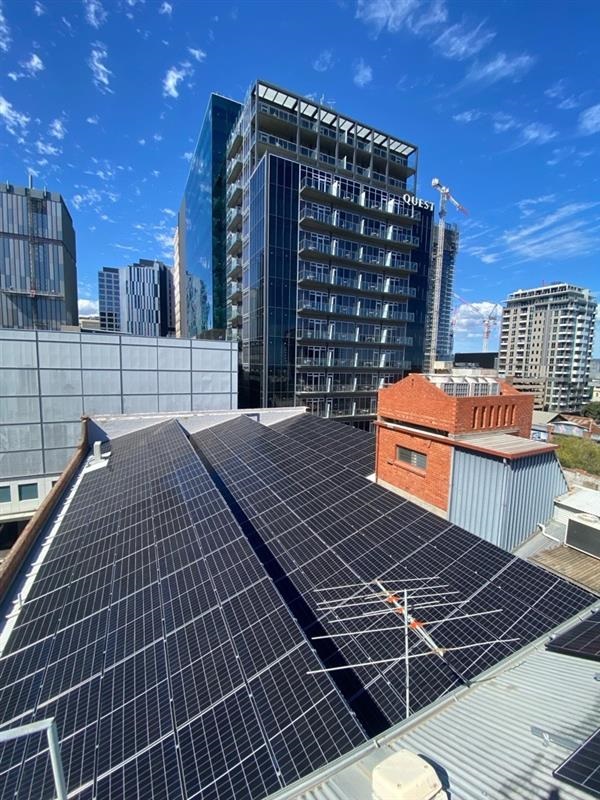
How Solar Batteries Help Beat Rising Energy Prices in Australia
Electricity prices in Australia continue to climb, leaving many households searching for ways to cut costs and take control of their energy. While solar panels already reduce grid reliance, adding a solar battery takes those savings a step further. A solar battery allows you to store excess power generated during the day and use it at night or during peak tariff times. For homeowners aged 30–65, this means greater financial security, energy independence, and protection against unpredictable price hikes.
Understanding Solar Battery Lifespan and Costs
When weighing up solar batteries, many Australians want to know: is it worth it in the long run? A typical home battery, often lithium-ion, lasts between 10–15 years, depending on usage and maintenance. While upfront costs can range from $6,000 to $12,000, most homeowners recover their investment through energy bill savings, reduced peak demand charges, and even government rebates where available.
Batteries essentially future proof your solar system, helping you avoid rising energy tariffs while making your home more self-sufficient.
How Solar Batteries Save You Money
1. Shifting Energy Use
Most households use the bulk of their electricity in the evenings — just when solar panels stop producing. Without a battery, you’re forced to buy expensive grid power. A solar battery changes that by shifting your solar energy to when you need it most, reducing your reliance on high-priced evening tariffs.
2. Beating Peak Pricing
Energy retailers often charge more during high-demand periods. Storing solar power during the day allows you to avoid these peak rates. Over time, this can shave hundreds off your annual bill.
3. Backup Power for Outages
Beyond savings, solar batteries provide energy security. With unpredictable weather events and grid disruptions, having a backup battery can keep your lights, fridge, and essential appliances running. That peace of mind alone is priceless for many families.
Factors That Influence Savings
Not every home will save the same amount. Here are the main factors that influence your return on investment:
- System Size: A larger solar array produces more power to store.
- Battery Capacity: Oversizing can mean wasted storage; undersizing means you’ll still need grid power.
- Household Usage: The more you consume in the evenings, the more valuable the battery becomes.
- Feed-in Tariffs: In 2025, feed-in tariffs in Australia remain low, meaning it’s less profitable to export to the grid and smarter to store energy for personal use.
The Role of Incentives in Australia
Australia continues to encourage renewable adoption. While incentive availability varies by state, many homeowners can benefit from programs like:
- South Australia Home Battery Scheme (verify current eligibility).
- Small-scale Technology Certificates (STCs), which can lower upfront solar installation costs.
- Interest-free finance options in some states for battery systems.
Always check with your local government or a Solar Accreditation Australia–accredited installer for the latest support available in your region.
Real-World Example of Savings
Consider a family in Adelaide with a 6.6kW solar system and a 10kWh battery. Without storage, they export excess daytime power to the grid at a low feed-in tariff (around 5–6 cents/kWh). With a battery, they instead use that stored energy at night, avoiding grid power that might cost 30–40 cents/kWh. Over a year, this difference adds up to $800–$1,200 in savings, helping the system pay for itself faster.
Tips to Maximise Your Battery Investment
- Monitor Performance: Many batteries come with apps that show charge levels and usage.
- Keep Panels Clean: A clean solar array ensures maximum energy generation for storage.
- Regular Maintenance: Have your system checked by a qualified technician every few years to keep it running efficiently.
Why Solar Batteries Are a Smart Move in 2025
With energy bills rising and feed-in tariffs shrinking, storing your own power makes more sense than ever. For Australian homeowners, a solar battery is no longer just an optional add-on but a practical tool for long-term cost savings and energy independence.
AR Energy: Your Local Solar Experts
At AR Energy- Best Solar Company in Adelaide, we help Soth Australian homeowners get the most from their solar investments. Whether you’re considering a new battery, upgrading an existing system, or simply looking for honest advice, our team is here to guide you. With years of experience in South Australia, we understand the local climate, incentives, and energy market — making us the trusted choice for reliable solar and battery solutions.
Conclusion
A solar battery is more than just a piece of technology; it’s a shield against rising energy costs and an investment in a sustainable, independent future. By making the switch, you’ll not only save money but also contribute to a cleaner, greener Australia.
In 2025, energy independence is becoming just as important as energy savings. With electricity prices expected to keep climbing and grid instability a growing concern, having the ability to store and control your own power puts you one step ahead. A well-sized solar battery doesn’t just support your household today — it safeguards your comfort and finances for the next decade or more.



